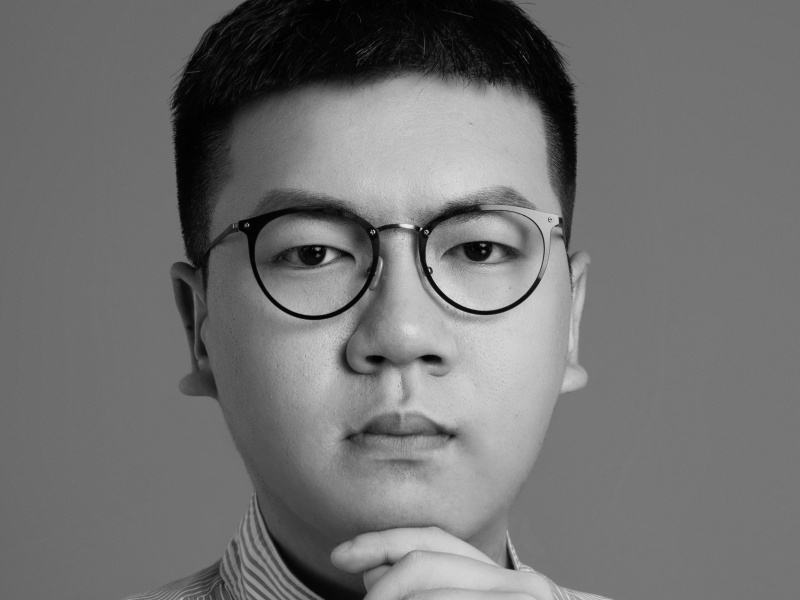Peter Chen, Director & Luxury Lead at Tencent Smart Retail, and Shirley Xue, a columnist for FTChinese.com, discussed how brands should develop their DTC business in the WeChat ecosystem.

Peter Chen, Director & Luxury Lead at Tencent Smart Retail, and Shirley Xue, a columnist for FTChinese.com, discussed how brands should develop their DTC business in the WeChat ecosystem.
Few could have predicted a decade ago that WeChat, Chinese tech giant Tencent's instant messenger similar to Messenger and WhatsApp, would become a content hub, e-commerce channel, and membership space all in one for luxury brands in the Chinese market. According to a recent Tencent and BCG study, luxury sales on WeChat are expected to reach 30 billion RMB (approximately $4.7 billion) in 2021. In contrast, Farfetch's GMV for the full year 2020 was approximately $3.2 billion.
A diverse range of luxury brands have jumped on the Mini Program bandwagon in order to establish an e-commerce presence on WeChat. Given the platform's nature, brands see WeChat as a critical online DTC channel in addition to the brand.com. Peter Chen, Director & Luxury Lead at Tencent Smart Retail, explained how brands can leverage Tencent's ecosystem to tap into the potential of their digital business in a fireside chat with Shirley Xue, a columnist for the Chinese edition of the Financial Times, at this year’s Luxury Society Keynote.
WeChat has become a testing ground for global brands build up and grow their private domain offering in China. But given the diversity of the WeChat ecosystem, brands need to make changes to their organisational structure before embarking on such an endeavor, said Chen. “The private domain business is an important project for chief executives,” he said, “because it requires a holistic top-down perspective from a brand to its business in the WeChat ecosystem, as well as collaboration between different departments – which is now one of the key challenges facing the luxury industry.”
Unlike traditional online marketplaces, WeChat’s architecture includes various digital assets such as the Official Account, Mini Programs, and WeCom, and can be viewed as a digital “second-floor” for brands, according to Chen. It serves as an online touchpoint for them to continue the conversation with consumers that they interacted with in offline stores, or get in touch with customers from cities where they do not have an offline presence in. This omnichannel experience is what distinguishes WeChat from other digital platforms.
Chen also highlighted traffic acquisition as a challenge for brands running a DTC business on WeChat. “Brands are still concerned about where new traffic will come from and how to reach new consumers, while cultivating existing clients.” In addition to optimising current private domain tactics, brands can also explore more scenarios where public and private traffic intersect – such as WeChat Channels (a video feed on WeChat).
Also discussed in the fireside chat are practices that brands can consider on WeChat, as well as the future direction of Tencent's luxury business. Watch the full interview in the video below:










